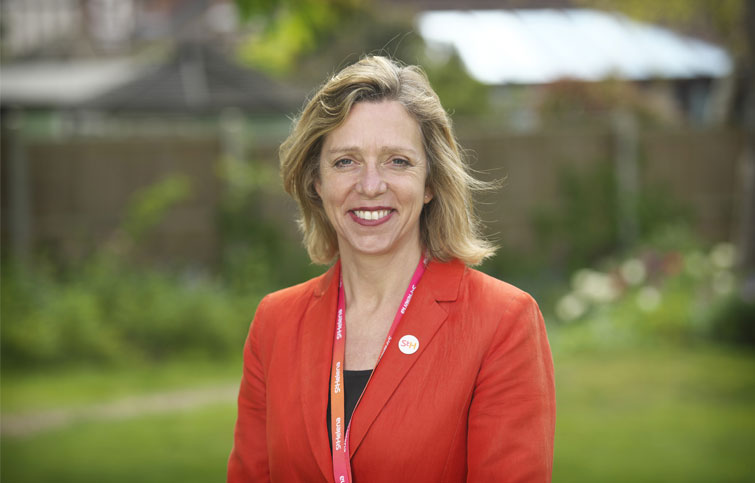Make a difference
People like you help us every day through regular donations
Read stories DonateHe spoke about how things had changed over the years, what he was proud of and who he loved. We also talked about how he wanted to live his last years, and then later, his last months, where he wanted to be, who he wanted to be with and what was important to him. We discussed how much treatment he wanted, ‘no heroics’ he said, and that, if possible, he would like to be at home with his family, his pictures and memorabilia around him.
We shared his choices on the My Care Choices Register, a digital database designed to record people’s priorities for the life and care when they are in frail health. These priorities were then shared with his GP, his district nurses, the hospital and the hospice, so that wherever he received care, (and in the last 3 months of his life he received support from all of these organisations), people could see what and who was important to him. Thanks to this coordinated support, Dad was able to live in his own home until he died with us beside him last summer.
End of life care is not always straight forward. Crises can happen and people may need support from hospital services, but when asked, most people say they would prefer not to die in hospital if it can be avoided. Often, but not always, these final admissions to hospital can be avoided if dying is recognised and unavoidable and care and medicines are in place at home.
Conversations with family and health care professionals about what is important in the final phase of life are important and powerful, and sharing them via the My Care Choices Register supports professionals to know what the priorities are even in a crisis. Where people record their preferences on the My Care Choices Register, their chance of dying in hospital is 20% whereas for those who have not this is 76%. Where someone records a place in which they wish to be cared for when they are dying we know that 80% of the time this is achieved.
My Care Choices is available to people living with advanced illness, frailty, and life limiting illness including dementia who are registered with a GP in North East Essex. If you would like to know more about the My Care Choices Register please go to www.mycarechoices.online where you can download a booklet, or you can speak to your GP.
Last year over 50% of local people approaching the end of their lives recorded their priorities for their care on the My Care Choices Register. It makes a difference to have these conversations, it allows your family to understand what your wishes are as well as the health care team, and it allows for preparations to be made and for care to be coordinated.
The end of life can be challenging, it can also be a time of closeness, love and tender conversation. These conversations matter, they can create change, please consider having them with your family and sharing them with your health care team.

When you make a donation to St Helena Hospice, we are charged transactional fees by other companies, including fees for processing payments made to us, looking up addresses and validating bank account details.
We are very grateful to our donors who offer to offset some of these fees with a minor addition to their total amount. This is however completely optional and we are very grateful for your support whether or not you choose to contribute to processing fees.
CloseWe are able to claim an extra 25p on every £1 on your donation amount for no extra cost to you, as long as you are a UK tax payer; have paid enough income tax or capital gains tax in that tax year; and are donating your own money. If you pay less income tax and/or capital gains tax than the amount of Gift Aid claimed on all of your donations in that tax year it is your responsibility to pay any difference. For more information about Gift Aid, please visit https://www.gov.uk/donating-to-charity/gift-aid
